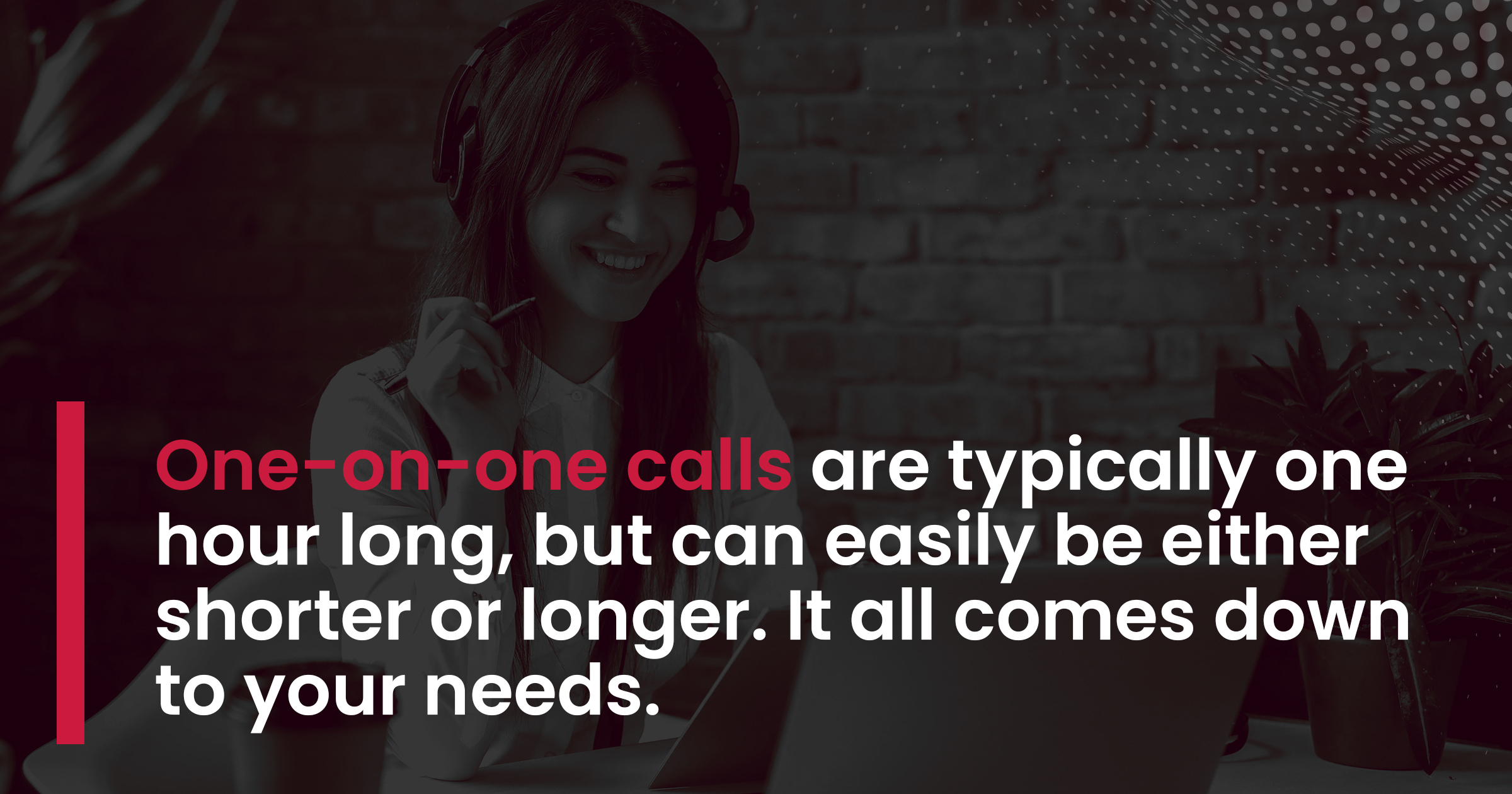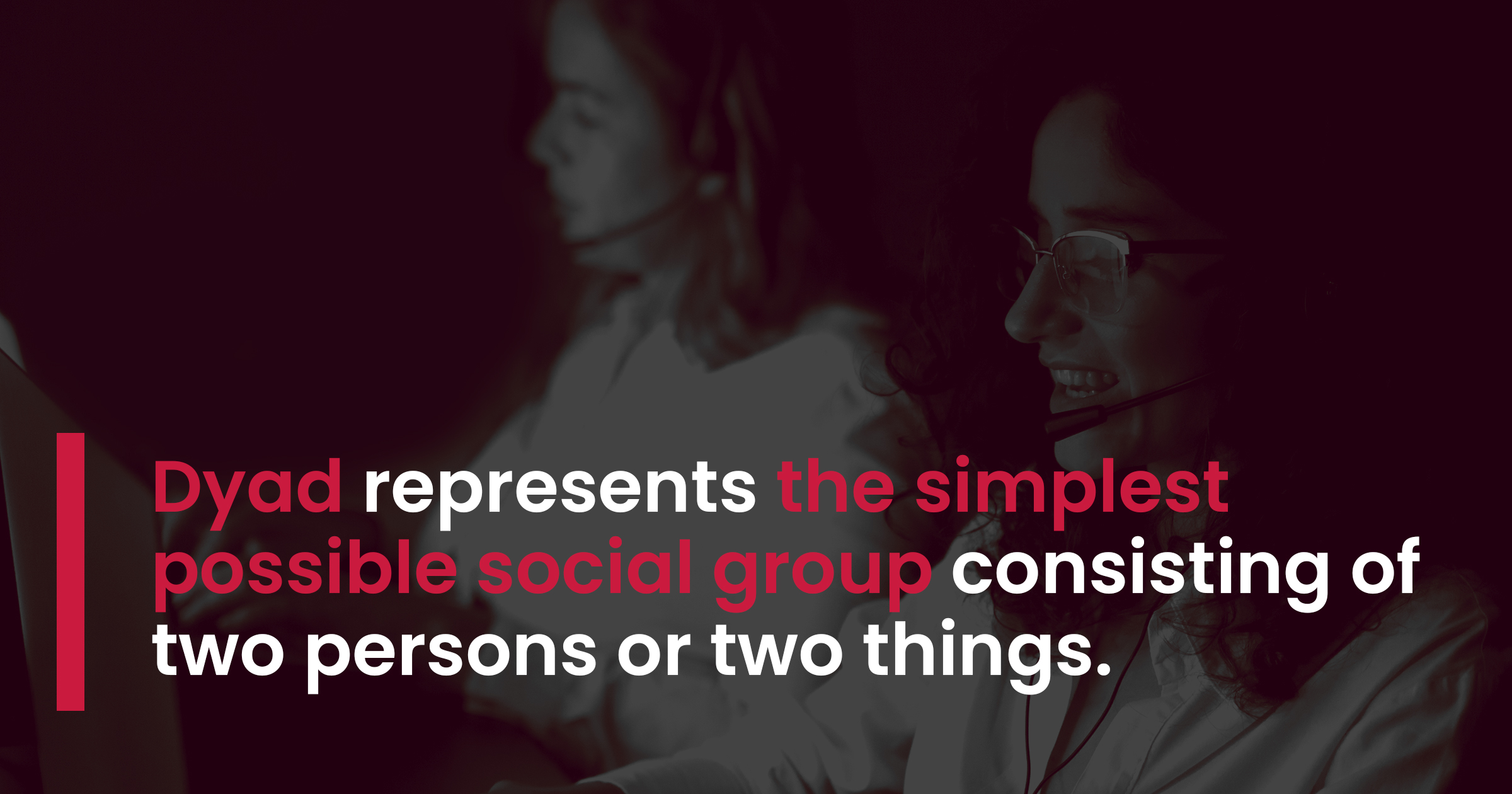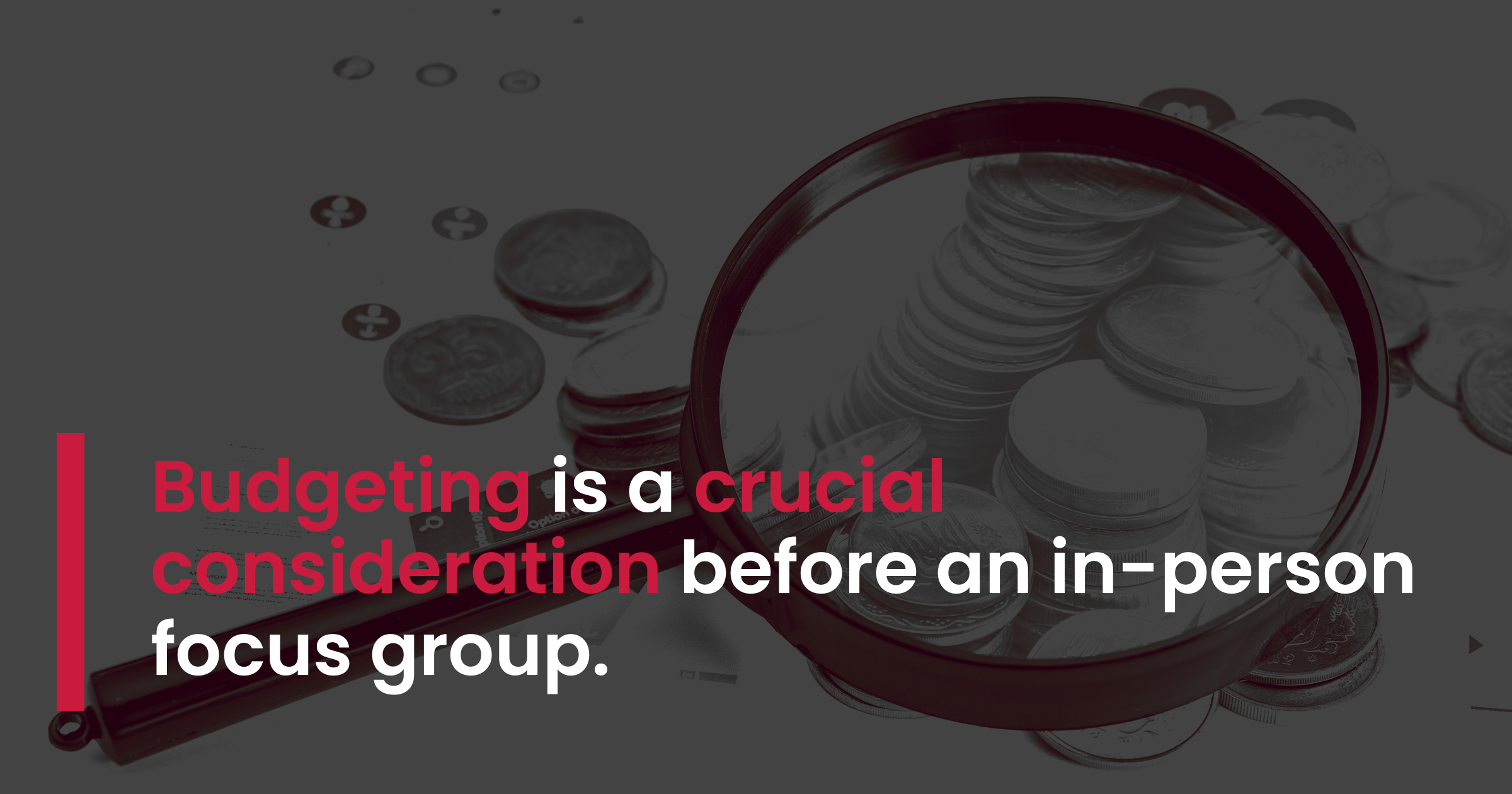During the primary research stage when a company is wants to contact expert networks such as RightAngle to engage with professionals, one of the seven possible formats for the expert engagement should be considered. Choosing the best option depends on the needs, resources and intended results of the company.
What are the seven distinct expert engagement formats to choose from? What are their strong points?
The RightAngle team has compiled a brief description of each communication format to help you to determine which is best for your project.
- One-on-one call – a quick and simple way to gain insights while increasing your understanding of a topic.
- Face-to-face interviews – can be used for any project and are great for lengthier, more in-depth conversations.
- Survey – useful to gain quick insights from a broad group of specialists on a certain topic.
- Dyad– useful to obtain insights from two experts on the same subject at the same time.
- Web-assisted TDI involving screen sharing – ideal to share data with specialists so they can analyze this during the call.
- Focus groups (in-person or virtual) – perfect for gaining various insights on the same topic from several specialists at the same time.
- Data reviews – useful when the company has all the data and conclusions but wants experts to validate these insights.
Let’s break down each of these.
One-on-one call
This simple format, when the expert network arranges a call with the specialist, is ideal for any organization eager to quickly gain qualitative industry insights and widen its knowledge of the topic.
 Main advantage:
Main advantage:
- The ability to record the call (with the consent of all parties involved). It is worth noting that RightAngle provides free transcripts of all your calls.
While the internet may sometimes have a poor connection, experts can join a call from anywhere in the world with no technical issues because traditional telephony is sometimes more convenient. Furthermore, some companies’ firewalls may prevent internet access and/or screen-sharing and this format does not face these issues.
Face-to-face interview
This format is suitable for any type of project. It all comes down to the needs of the organization and its desired outcome.
Main advantage:
- This is used for lengthy in-depth conversations and can lead to the establishment of long-term relationships between the company and the expert which means that experts may be able to help the company in future projects.
The only possible limitation is the physical presence of the expert which may be difficult to arrange due to travel restrictions.
Survey
Surveys represent a format suitable for projects that need quick and quantitative insights from a wide variety of experts.
Main advantages:
- Surveys allow experts to contemplate their answers
- Evaluating the survey reactions/outcomes may require less time compared to other formats
- The insights collected are usually clearly structured which facilitates quantitative analysis and simplifies the extraction of data for further studies.
Surveys are also useful for projects that need concrete reactions as opposed to calls that can cover a broader landscape or provide longer, more detailed feedback.
Important tips:
- Keep it brief – the time needed to complete a survey should not exceed 20 minutes
- To gain more effective insights, the survey should also include closed-ended or multiple-choice questions.
Dyad
When you want to hear from two experts on a specific topic at the same time, the dyad format is the best choice.
 The format of the meeting or call consists of two experts (the dyad) and a host (the company’s representative). For instance, a project may require insights from two different clinicians to help to explain a condition that they are both engaged in treating.
The format of the meeting or call consists of two experts (the dyad) and a host (the company’s representative). For instance, a project may require insights from two different clinicians to help to explain a condition that they are both engaged in treating.
Main advantage:
- A dyad has several options for communication such as a conference call, an in-person consultation or a video call. All of these allow valuable insights to be quickly gained from two experts. But be careful – you should ensure good moderation of the conversation.
Web-assisted TDI involving screen sharing via the internet
TDI stands for tele-depth interviews. This format is ideal for talking about project topics and displaying data for specialists to analyze during the call.
Main advantage:
- These interviews can be helpful for projects in which materials cannot be transmitted to be read in advance because of confidentiality but need statistical data and/or examination by a specialist.
TDIs are perfect for TPPs (Target Product Profiles) where you may exhibit slides on anonymized items and experts can consider a variety of questions.
This format may require more time spent on calls which is obviously more costly.
Focus group
A focus group is more suitable for a project that requires a variety of insights from a group of experts regarding the same topic, at the same time. The focus group format is also suitable for projects with a large number of stakeholders.
 This option comes with a raft of extra expenses including an expert fee for a full or half-day as well as the costs of traveling, catering and venue booking.
This option comes with a raft of extra expenses including an expert fee for a full or half-day as well as the costs of traveling, catering and venue booking.
Virtual focus group
This format allows the organization to avoid the costs of in-person focus groups. Moreover, it simplifies the involvement of stakeholders from multiple locations when needed.
Main advantage:
- The company gains lots of insights from various experts on the same subject.
Data analysis
This format is useful when you have already found the necessary information and drawn your conclusions on a certain topic and now there is a need for experts to examine and validate those conclusions.
Main advantage
- With professional analysis provided by an unrelated third party, the organization gains objective opinions and possible new insights on its findings. It can also better organize its information and obtain an expert’s judgment on any data outcomes from the organization’s tests.
Remember, no expert interaction format is better than another. When considering which one of the formats to use, think about your ultimate goals and needs and, not least, your budget. RightAngle is ready to help you to choose the best format and to assist with arranging contact with experts.
Suggested reading:
5 tips for a successful expert interview
Why are expert networks important? (Q&A)
Private equities and consultants are the main users of Expert Networks. Who else?
Share to

